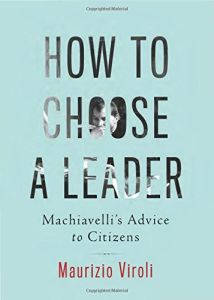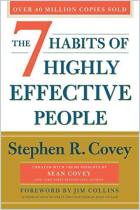
How to Choose a Leader
Machiavelli’s Advice to Citizens
Recommendation
This short book by political science professor Maurizio Viroli curates the best of Niccolò Machiavelli’s writing and effectively reveals his wisdom regarding leadership and political power. The most salient parts turn out to be quotes from Machiavelli – words that have endured for centuries. Given the cruelty meted out in his time, Machiavelli (1469-1527) would probably have advocated ruthless retaliation and using any means necessary to protect the home state. Readers of The Prince may find that the version of Machiavelli the author characterizes, although accurate, seems considerably less ruthless than a more detailed presentation might demonstrate. Still, applied to a basic corporate or political leadership quest, this is surprisingly juicy. While always politically neutral, getAbstract recommends this excellent condensation of practical political advice to senior executives, aspiring leaders, business professors and students, and anyone interested in how 500-year-old words can be so relevant today.
Summary
About the Author
Maurizio Viroli is professor emeritus of politics at Princeton University, a professor of government at the University of Texas at Austin and a professor of political communication at the University of Italian Switzerland in Lugano.















Comment on this summary